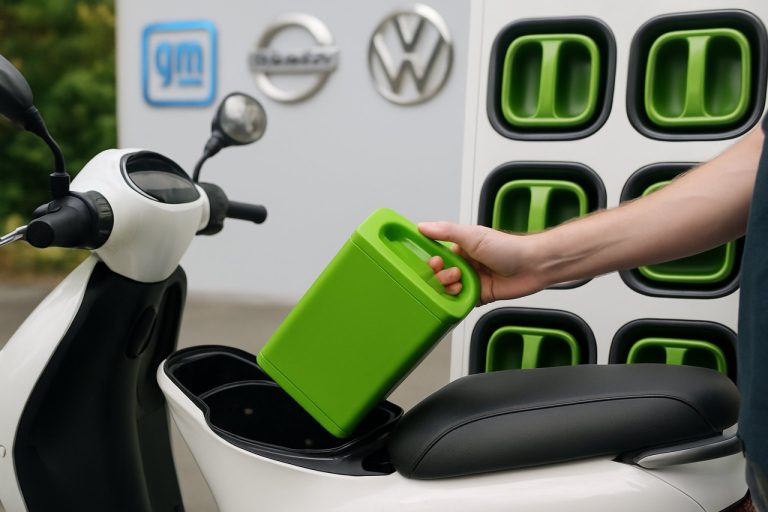
SpaceX’s $22 Billion Lifeline at Risk After Musk-Trump Feud Shakes Up U.S. Space Ambitions
Elon Musk vs. Donald Trump: Explosive Feud Throws SpaceX Contracts and U.S. Space Leadership Into Chaos SpaceX’s future with billions in government contracts teeters






















